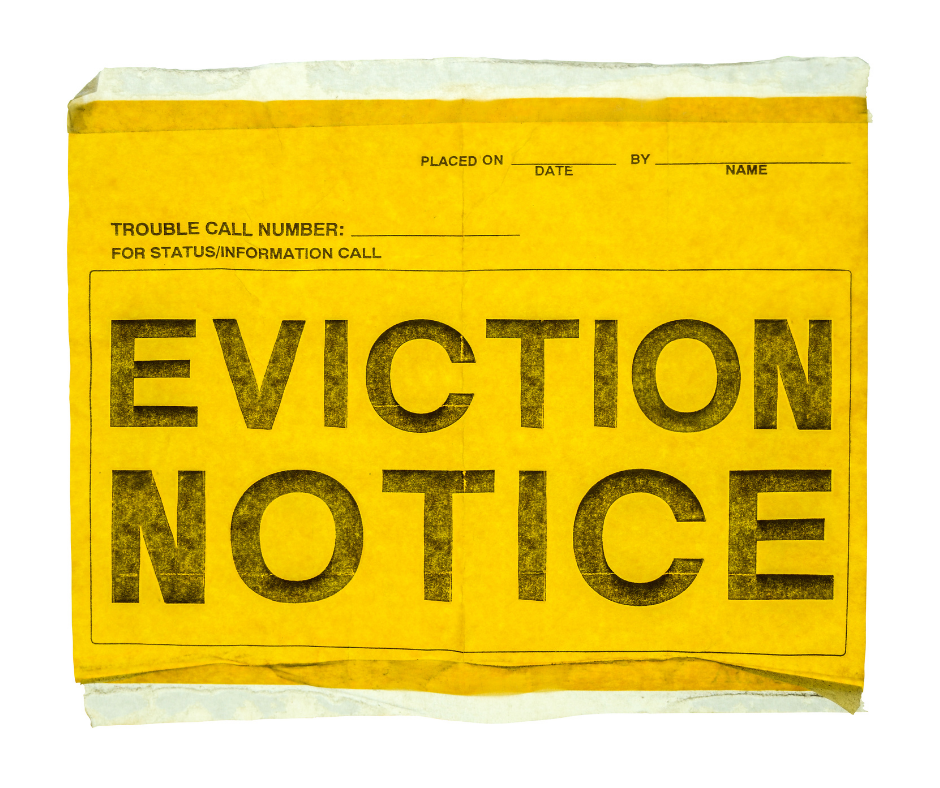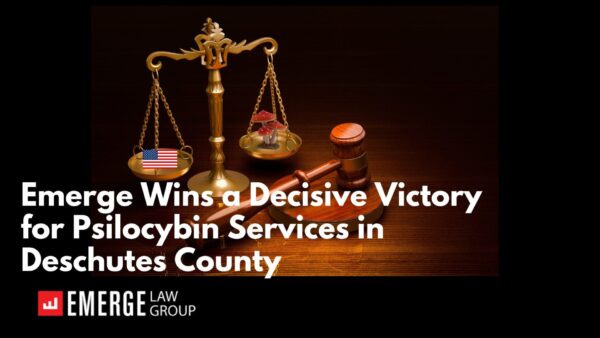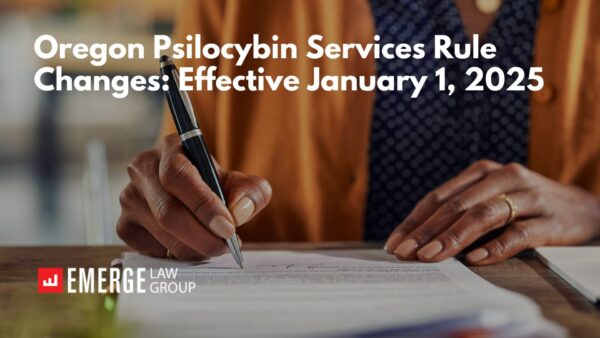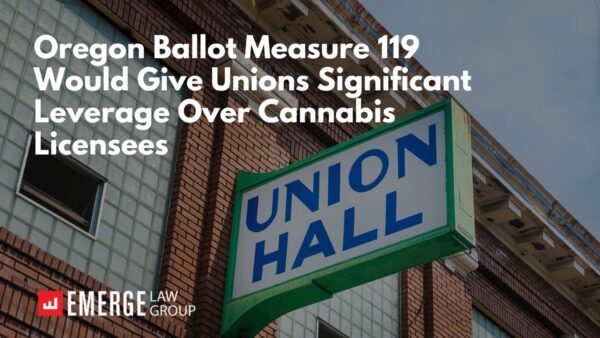In response to the COVID-19 pandemic, the Oregon Legislature passed House Bill 4213 on June 26, 2020, which extended the statewide temporary eviction moratorium through the end of September 2020.
HB 4213 revolves around the “emergency period,” a timeframe that started April 1, 2020 and ended September 30, 2020. This law creates a six-month repayment grace period for Oregon commercial lease tenants until March 31, 2021 for amounts owed during that emergency period. Although Executive Order 20-56 extended protections for residential tenants until December 31, 2020, no such protections were granted for commercial tenants. Landlords and tenants with commercial leases who have been struggling with nonpayment of rent during the COVID-19 pandemic have several options, however, starting with the “notice of nonpayment.”
For Landlords: Notice of Nonpayment
As of October 1, 2020, a commercial landlord may send a commercial tenant a written notice with the following information:
• The emergency period ended September 30, 2020.
• The tenant’s nonpayment balance that accrued during the emergency period is still due and must be paid.
• The total nonpayment balance, along with a breakdown of the charges.
• The tenant will not owe late charges for the nonpayment balance and is entitled to a six-month grace period ending March 31, 2021 to repay the nonpayment balance that accrued during the emergency period.
• Within a specified date in the notice, no earlier than 14 days following delivery of the notice, the tenant must pay the nonpayment balance or notify the landlord that the tenant intends to pay the balance by the end of the grace period.
• The tenant’s failure to give notice to the landlord of utilization of the grace period may result in a penalty after the grace period, equal to 50% of one month’s rent.
• Rents and other charges or fees that come due after October 1, 2020 must be timely paid or the landlord may terminate the tenancy.
A landlord may also offer a payment plan for the outstanding balance, but the notice must state that the payment plan is voluntary. A tenant is not obligated to agree to a repayment plan.
Landlords seeking to send HB 4213-compliant notices should strongly consider working with a lawyer to do so. If a landlord sends a notice that violates HB 4213, the tenant is entitled to certain injunctive relief and may recover from the landlord up to three months’ rent plus actual damages.
For Commercial Tenants: Invoking the Grace Period
While nothing in HB 4213 relieves tenants of liability for unpaid rent, tenants with nonpayment balances from the emergency period are entitled to a six-month grace period ending March 31, 2020 during which they can pay off the balance. Landlords may not charge late fees, terminate tenancy, or assess any other penalty on a tenant for nonpayment during the emergency period or for invoking the grace period.
If a landlord sends a legally compliant notice as described above, a tenant with an outstanding nonpayment balance must notify the landlord of the tenant’s intent to use the six-month repayment grace period by the date stated in the notice. The tenant does not have to provide documentation of loss of income and may notify the landlord by mail or email that they wish to use the repayment grace period.
Again, tenants who receive any communications from landlords related to unpaid rent should contact an experienced business or litigation lawyer to assess their options going forward. If the tenant does not notify the landlord of their intent to invoke the repayment period by the date in the notice, this could result in a penalty to the tenant equal to 50% of one month’s rent. But if a landlord sends a notice that is not compliant with HB 4213 or takes other actions that interfere with the tenant’s rental rights based upon nonpayment during the emergency period, the landlord could owe the tenant up to three months’ rent plus actual damages.
Other Options
Negotiating a mutually beneficial deal is often the best solution. And to negotiate the best deal, it is important to understand the commercial lease itself in addition to the other legal options at your disposal. Finding an attorney to review your lease and explore your landlord-tenant rights and remedies is always important, but even more so with new laws such as HB 4213. Notices of nonpayment carry financial risks for both tenants and landlords alike, making it important to check in with an attorney to ensure that you are adequately protected. Some disputes over nonpayment of rent may also be more complex, such as situations where nonpayment occurred before the emergency period, or where a landlord wants to take other actions against a tenant to recover unpaid rent or terminate the tenancy. Landlords and tenants seeking to remain compliant with HB 4213 and seeking to explore their options to resolve commercial lease issues should contact the experienced business and litigation attorneys at Emerge Law Group for any such disputes.





